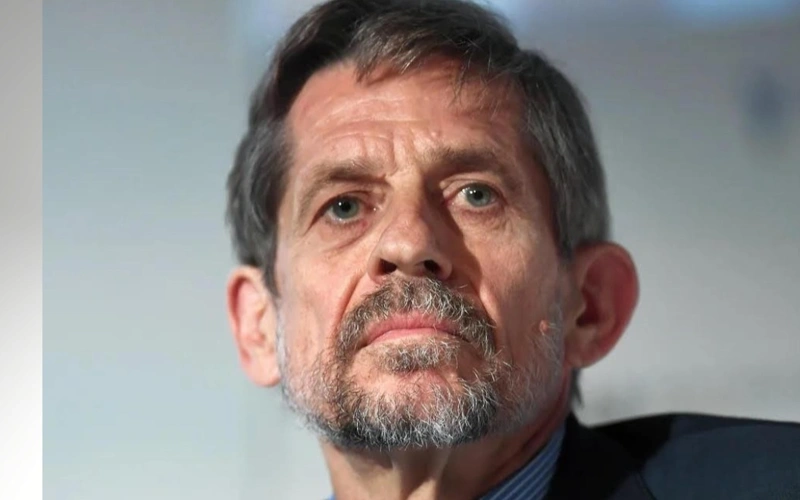The U.S. needs a clear Central Asia strategy - Thomas Graham
In an interview with Kazinform News Agency correspondent, Thomas Graham, distinguished fellow at the Council on Foreign Relations and former Special Assistant to President George W. Bush and Senior Director for Russian Affairs, examines the latest shifts in global politics and outlines U.S. strategies for navigating a complex international landscape. He discusses how Washington engages with global stakeholders, including Central Asia, while balancing competition, diplomacy, and strategic interests across regions.

- Modern U.S. foreign policy is often criticized for drifting away from the role of global leadership that emerged after World War II. Yet isolationism, rooted in the Monroe Doctrine and the tradition of non-intervention, has long been a defining feature of American political thinking. Would you say that the current manifestations of American isolationism reflect not a crisis of leadership, but rather a return to a historically consistent model of U.S. foreign policy behavior?
The United States is not pursuing an isolationist foreign policy. There would have been no Gaza peace deal without the active engagement of President Donald Trump. The United States will play a role in guaranteeing the deal. What is perhaps new is Trump’s disdain for alliances and multilateral international institutions. But unilateralism is not isolationism-it is a way of being engaged in the world that puts U.S. national interests first.
- The United States also continues to play an active role in Middle Eastern diplomacy. How do you assess the White House’s 20-point plan to end the war in Gaza? Does it have the potential to create a sustainable regional security architecture?
The plan has the potential to create a sustainable regional security architecture, but a lot of hard work still lies ahead. The 20-point plan is not a peace agreement, contrary to much media commentary. Rather, it is a framework agreement laying out the principles and parameters that will guide future negotiations toward a settlement and a new regional security architecture. Trump may have persuaded Israel and Hamas to agree to a ceasefire, but he has yet to compel them to conclude an enduring peace, which is a central element of any sustainable regional security order.
- As part of this plan, former U.K. Prime Minister Tony Blair is set to be part of the interim authority in Gaza. How do you view the return of “old school” statesmen like Blair to contemporary diplomacy? Is this a pragmatic choice or a sign of limited new leadership on the global stage?
Whether former U.K. Prime Minister Tony Blair will ultimately be part of the interim authority in Gaza remains to be seen. But you are right that an enduring settlement requires new faces and new leaders. Blair is the past, not the future.
- President Tokayev has proposed the idea of a “new global consensus” based on trust and shared responsibility. In your view, in which areas - climate, energy, nuclear security, or new technologies-is such a consensus most urgently needed and realistically achievable today?
Consensus is urgently needed in all these areas today. But it will be very difficult to achieve at a time of profound geopolitical upheaval. Mounting great-power competition, in particular, makes it unlikely that consensus will be achieved in the near future.
- What do you think Washington could do differently to make its policy in Central Asia more aligned with current geopolitical realities? And what role could Kazakhstan play in this renewed strategy?
Washington could develop a Central Asia strategy-which it currently lacks. Given its prominence in the region and its vast natural resources, Kazakhstan should lie at the very center of that strategy. But for now, Washington is focused on other matters.
Earlier, it was reported that President Kassym-Jomart Tokayev took part in the second Central Asia–Russia Summit, where he said that the potential of Central Asia is being recognized by the world’s leading countries.
